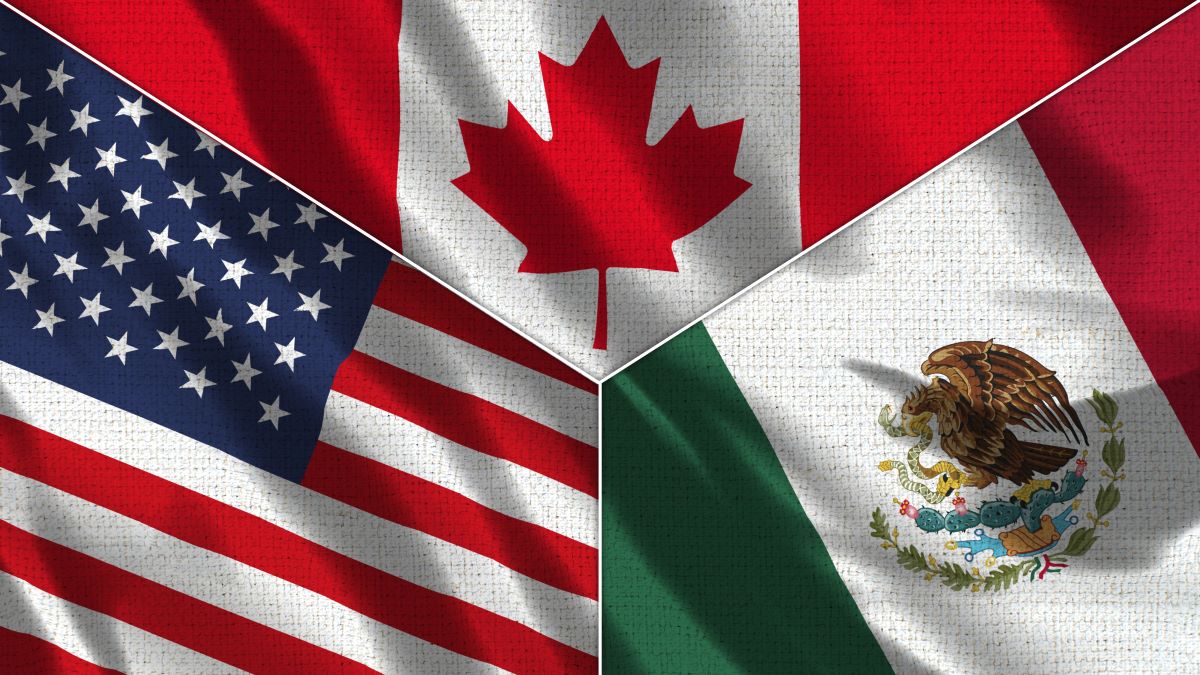Recent actions by Canada and Mexico, including the retroactive enforcement of a digital services tax and statements regarding immigration and trade, have heightened tensions with the United States. These actions are occurring amidst already strained relationships marked by disagreements over trade balances, border security, and international contributions. The situation raises questions about the future of North American trade relations and cooperation.
Canada's Retroactive Digital Services Tax Ignites Controversy

Canada's recent decision to retroactively enforce a 3% digital services tax on US tech companies, dating back to 2022, has sparked significant controversy. This move comes at a time of heightened tensions between the two countries over trade imbalances and border security. The tax applies to Canadian consumers using services from companies like Amazon, Apple, Meta, and Google, regardless of the consumer's location.
Mexico's Trade Surplus and Immigration Policies Fuel Debate

Mexico maintains a substantial trade surplus with the United States, estimated at approximately $171 billion annually. This, coupled with significant remittances sent to Mexico and concerns about illegal immigration, creates a complex dynamic in US-Mexico relations. Statements from Mexican officials regarding the protection of Mexican nationals in the US during recent unrest have further exacerbated existing tensions.
Strained Relations and Unilateral Actions Undermine North American Cooperation

The imposition of the Canadian digital services tax and the commentary from Mexican officials on US domestic issues represent unilateral actions that undermine efforts towards cooperation among the three North American countries. The timing of these actions—during a period of already strained relations—suggests a potential escalation of existing conflicts.
Economic Interdependence and the Risks of Escalation

The significant economic interdependence between the United States, Canada, and Mexico makes the current situation particularly concerning. The total trade between these three nations is substantial, and disruptions could have wide-ranging economic consequences. The potential for retaliatory measures by the United States adds further uncertainty to the situation.
The Need for Dialogue and Cooperative Solutions

The current state of affairs underscores the urgent need for open dialogue and collaborative solutions among the United States, Canada, and Mexico. Addressing the underlying issues of trade imbalances, border security, and immigration requires a concerted effort to prevent further escalation and maintain the crucial economic and political ties between these nations. Failure to find common ground risks undermining the stability of North American cooperation.
Looking Ahead: Potential Implications and Uncertainties

The long-term implications of these recent developments remain uncertain. The potential for further retaliatory actions, the impact on investor confidence, and the wider geopolitical ramifications all contribute to a climate of uncertainty. The need for constructive dialogue and a commitment to finding mutually beneficial solutions is paramount to ensuring a stable future for North American relations.